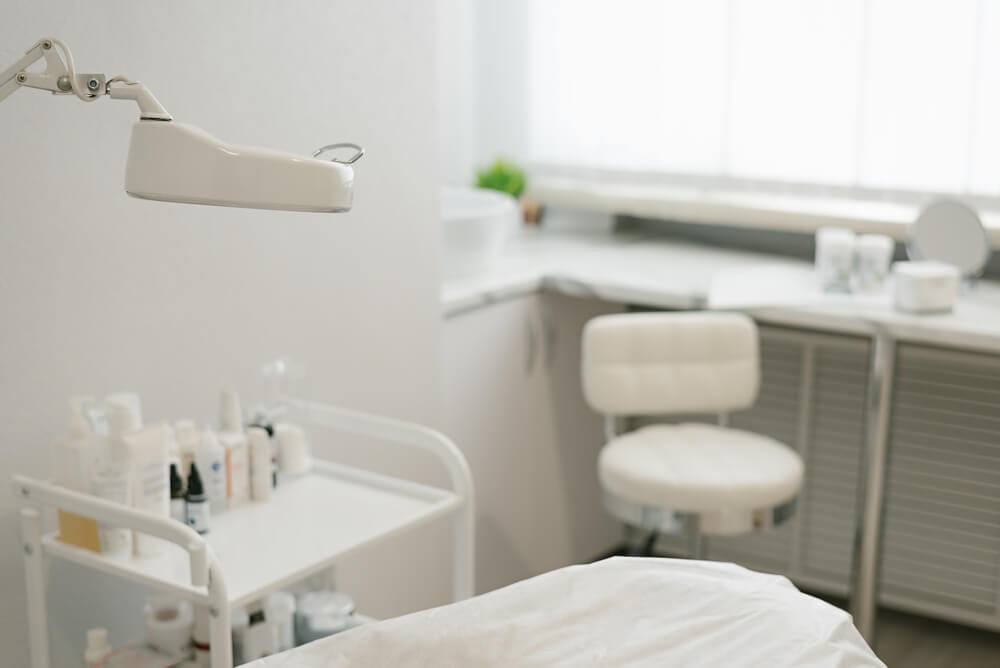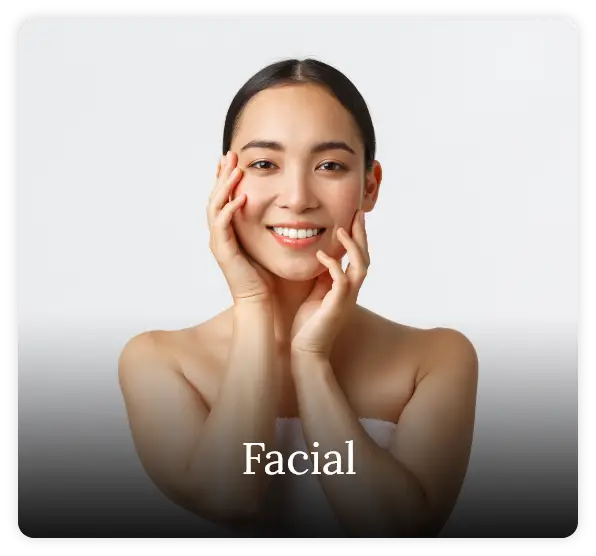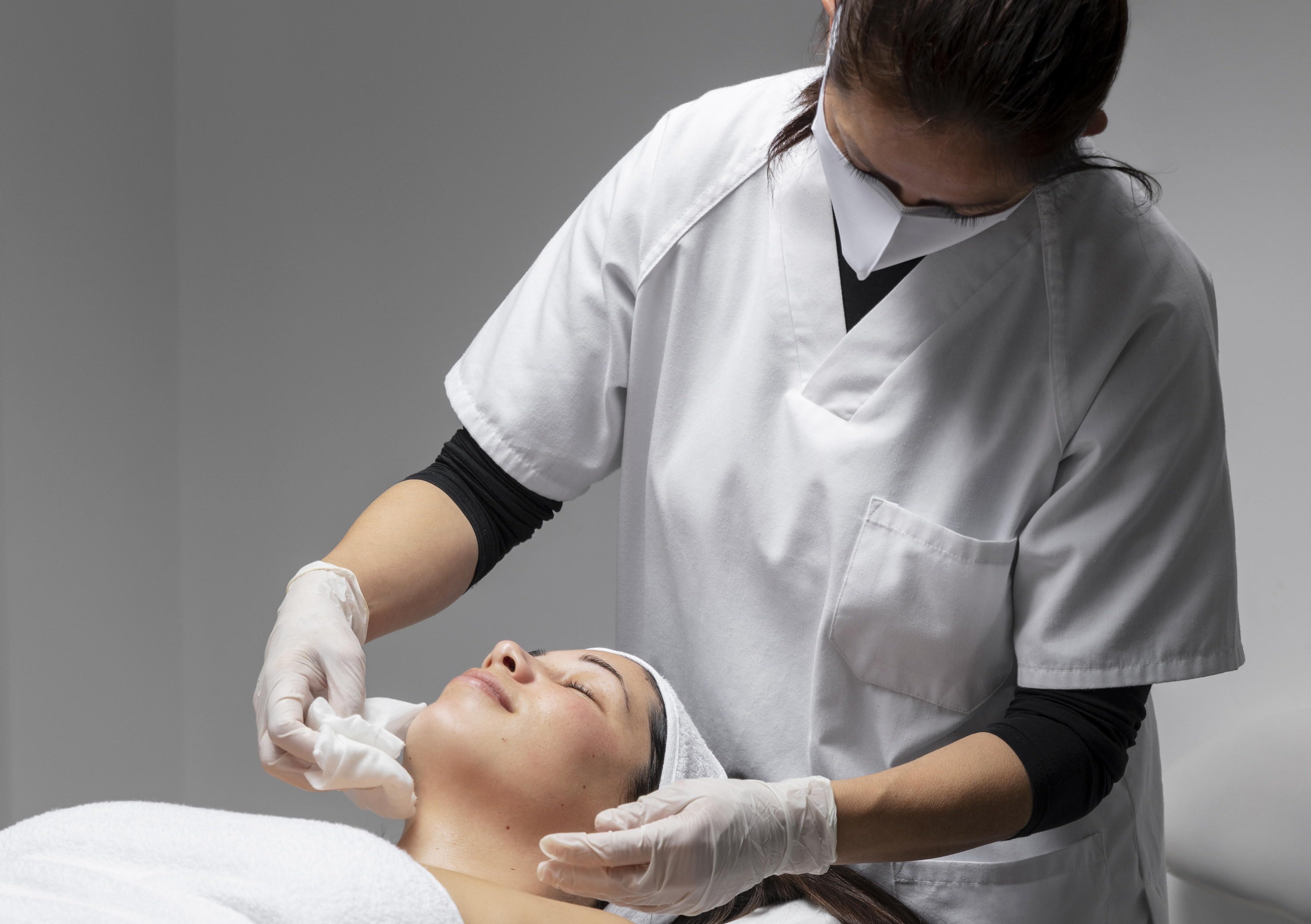Everything You Should Know Before Booking Treatments at an Aesthetic clinic Kuala Lumpur
Comprehending the Clinically Essential Procedures Available at Aesthetic Clinics
Aesthetic facilities play a crucial duty in attending to both cosmetic and health-related issues. They supply medically needed treatments that prolong past mere appearance enhancements - Skin booster treatment Malaysia. Therapies such as laser therapy and chemical peels can substantially enhance skin problem while advertising overall health. The efficiency of these treatments hinges on understanding their clinical effects and the nuances of specific patient needs. What aspects should one take into consideration prior to deciding for these treatments?
The Role of Aesthetic Clinics in Modern Healthcare
As aesthetic clinics continue to gain importance in contemporary medical care, they serve not just cosmetic functions but likewise address different clinical requirements. These centers commonly provide treatments that surpass beauty enhancements, including treatments that can improve total wellness and health. Aesthetic clinics might use services such as laser therapy for skin-related conditions, which can ease signs of skin problems like psoriasis or eczema. Furthermore, the combination of innovative modern technologies allows these clinics to provide minimally intrusive treatments that advertise healing and minimize downtime for clients.
Skin Rejuvenation Treatments: Even More Than Simply Aesthetics
Skin rejuvenation therapies encompass an array of treatments designed to improve the appearance and wellness of the skin, usually dealing with underlying clinical worries. These therapies consist of treatments such as chemical peels, microdermabrasion, and laser treatments, which aim to improve skin structure, tone, and flexibility. By promoting collagen manufacturing and promoting cell turnover, these therapies can reduce the impacts of aging, sun damages, and environmental stress factors.
In enhancement to aesthetic renovations, skin renewal treatments can likewise have substantial mental advantages. Patients regularly report boosted self-esteem and confidence following effective therapies. Furthermore, some treatments can help reduce conditions like hyperpigmentation or unequal skin texture, which may contribute to emotional distress.

Therapies for Persistent Skin Conditions
Chronic skin problems, which can significantly affect a person's lifestyle, frequently need targeted treatments to handle signs and enhance general skin wellness. Aesthetic facilities provide various clinically essential procedures customized to deal with these concerns, including psoriasis, eczema, and acne.
Topical therapies, such as corticosteroids or retinoids, are typically suggested to lower inflammation and advertise healing. In more serious situations, systemic therapies, consisting of biologics, might be used to target hidden immune feedbacks. Furthermore, light and laser therapies have actually revealed effectiveness in treating problems like rosacea and acne scars, giving people with relief and improved skin appearance.
In addition, chemical peels and microdermabrasion can aid in scrubing harmed skin, enhancing the skin's appearance and tone. By using a detailed technique, aesthetic clinics play a necessary function in taking care of chronic skin problems, aiding individuals reclaim their self-confidence and improve their total wellness.
The Link Between Mental Health and Aesthetic Procedures
How does the quest of visual procedures link with mental wellness? Study indicates a substantial link in between a person's self-image and their mental health. Many individuals seek visual procedures to improve their look, thinking that improvements may lead to enhanced self-confidence and a better lifestyle. In many cases, these procedures can relieve signs of anxiousness and anxiety linked to body image issues.
Nevertheless, it is necessary to acknowledge that while visual improvements can provide short-term relief, they might not resolve underlying psychological worries. The desire for physical adjustment can in some cases mask much deeper psychological health concerns that require expert treatment. Because of this, aesthetic clinics usually emphasize the value of psychological health and wellness assessments prior to proceeding with any treatment. Recognizing the emotional inspirations behind these desires is crucial for supplying alternative care that respects both physical and psychological health and wellness needs.
Minimally Invasive Procedures With Medical Benefits
What are the advantages of minimally intrusive procedures beyond visual improvements? These procedures commonly give substantial clinical benefits while decreasing healing time and lessening problems. For example, treatments like Botox can minimize migraine headaches and excessive sweating, offering people remedy for persistent conditions. Additionally, facial fillers can help recover quantity and enhance the look of scars, thereby enhancing skin health and wellness.
Furthermore, minimally invasive methods such as laser treatment can deal with various skin problems, including acne scars and pigmentation issues, promoting total skin health. The accuracy of these treatments reduces the threat of infection and difficulties compared to typical surgical treatment, permitting clients to resume daily tasks swiftly.
The emotional benefits, such as boosted self-worth and confidence, can add favorably to an individual's overall wellness. To sum up, minimally intrusive procedures serve dual functions: improving visual appeal and resolving underlying medical worries successfully.
The Significance of Expert Appointment
Although numerous people might look for aesthetic therapies for aesthetic reasons, the significance of expert appointment can not be overstated. Specialist consultations function as a critical initial action in reviewing the client's unique demands, medical history, and wanted end results. A qualified practitioner can supply beneficial insights right into which treatments may appropriate and required, making certain that patients make educated choices.
In addition, examinations assist to determine prospective threats and contraindications linked with various therapies. This preemptive step enables a tailored strategy to care, improving safety and effectiveness.
Professional appointments foster a trusting partnership between the individual and copyright, encouraging open communication regarding assumptions and worries. This connection adds to greater contentment rates and much better adherence to post-procedure treatment guidelines. Consequently, investing time in an extensive consultation is necessary for attaining optimal results and making sure that the picked aesthetic therapy aligns with the individual's wellness and health objectives.
Patient Reviews: Real-Life Effect of Clinically Necessary Procedures

Transformative Success Stories
How do clinically needed treatments really change lives? Patients at aesthetic clinics often top dermatology hospitals share compelling narratives that highlight extensive adjustments resulting from these interventions. One person, previously burdened by serious skin problems, reported enhanced self-confidence and social interaction complying with effective therapies. An additional patient, having problem with chronic pain as a result of an architectural concern, experienced considerable alleviation and reclaimed flexibility, permitting for an extra energetic way of life. In addition, endorsements disclose changes beyond physical look; one client More about the author kept in mind improved mental health and wellness after attending to a long-lasting concern that influenced their confidence. These stories highlight the necessary duty that clinically needed procedures play in enhancing total health, showcasing their capacity to cultivate not only physical recovery yet likewise emotional and emotional renewal.
Conquering Individual Obstacles
Success stories from people at aesthetic clinics disclose extensive improvements, yet the journey commonly includes getting rid of significant individual obstacles. Lots of individuals face deep-seated insecurities, originating from traumatic experiences or medical problems that have actually impacted their self-confidence. For instance, one person shared how a restorative treatment not only boosted their physical look yet additionally relieved years of anxiety and social withdrawal. Another testimonial highlighted the psychological toll of chronic skin concerns, where treatment brought about newfound confidence and a renewed social life. These stories illustrate that medically needed treatments serve not just to enhance physical health but additionally to address mental worries, allowing individuals to recover their lives and accept their real selves with renewed vigor.
Often Asked Concerns
What Credentials Should I Look for in Aesthetic Clinics?

How Can I Identify if a Treatment Is Medically Required?
To establish if a procedure is clinically required, one need to talk to a qualified health care specialist. They can evaluate the individual's problem, talk about possible benefits, and guarantee that the procedure straightens with established medical guidelines.
Are There Dangers Connected With Aesthetic Medical Procedures?
Dangers related to visual clinical treatments consist of infection, scarring, allergies, and dissatisfaction with results. Patients should thoroughly talk about potential problems with certified professionals to make informed choices concerning their treatment choices and general health.
Will My Insurance Policy Cover Clinically Needed Visual Treatments?
Insurance protection for medically necessary visual therapies differs significantly. Individuals must consult their insurance policy providers to establish details plan details, including qualification requirements, needed paperwork, and potential out-of-pocket expenditures connected with these procedures.
The length of time Is the Recuperation Time for These Procedures?
The recuperation time for medically required treatments differs significantly, normally varying from a couple of days to a number of weeks. Factors affecting this period include the specific treatment, individual recovery rates, and adherence to post-operative care guidelines.